The name change has no bearing on program requirements or regulations.
As a reminder:
· Agents must notify CFIA of a high risk vessel’s arrival 96 hours in advance of arriving in Canadian waters. When the appropriate paperwork has been provided, the CFIA will send the agent electronic confirmation that the vessel may enter.
· Vessels arriving without advance notification and/or certification are considered non- compliant and are subject to enforcement action.
· Regulated vessels inspected for FSMC are subject to applicable fees as listed in the CFIA Fees Notice (Part 12, Table 1, 8(f)).
· All marine vessels entering Canada are subject to inspection at any time of the year to verify freedom from FSMC.
· The Specified Risk Periods (SRPs) for Japan and Russia were revised in 2022 and are in full effect.
Table 1. Regulated Areas and Specified Risk Periods
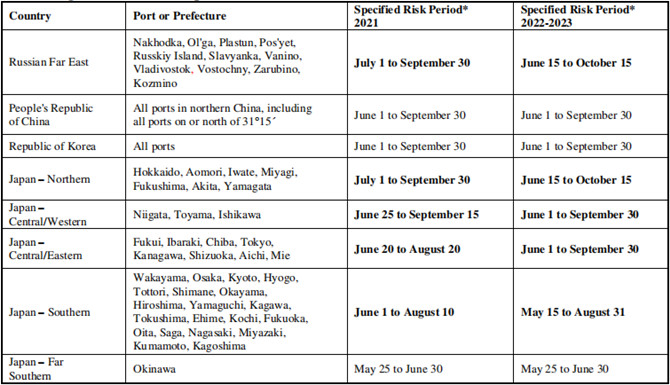
*Specified risk period is the time period when there is a risk of FSMC flight and egg mass deposition
Vessels which have met requirements of Section 2.1 of D-95-03 AND are found free of FSMC after inspection by United States Customs and Border Protection (US-CBP), Chile’s Servicio Agricola Y Ganadero (SAG), or New Zealand’s Ministry for Primary Industries (MPI) may enter a Canadian port without inspection, provided that the report of inspection is presented to CFIA in conjunction with arrival notification. Vessels that do not present the US-CBP, SAG, or MPI Inspection Report in advance are still subject to inspection and related fees.
Please note that all marine vessels entering Canada must be free from all life stages of FSMC. Upon inspection, if a CFIA inspector is not satisfied that the risk of introducing FSMC can be mitigated, the vessel will be ordered out of Canadian waters and refused entry for up to two years during the High Risk Period for Canada or until the ship meets the requirements specified in Section 2.1 of D-95-03.
We recommend agents and stakeholders advise crews to maintain good ship cleaning practices such as minimizing rust, storing excess equipment, and clearing debris from the outer decks of vessels, as this will help reduce the chance of FSMC infestation while in regulated areas. This helps to minimize sheltered surface area where egg masses may be deposited, and also improves the efficacy of the FSMC certification inspection and vessel self-inspection. In addition, this will reduce the inspection time at arrival in Canada and allow the CFIA maximum access to vessel structure to assist in compliance decisions.
In recent years, very high numbers of moths were observed in many regulated ports. Due to these population outbreaks, a high number of vessels arrived in North American ports with FSMC egg masses.
To prevent a similarly high number of vessels with egg masses arriving in 2023, extra vigilance by vessels in conducting self-inspection— in addition to obtaining FSMC certification— is requested.
The opinions expressed herein are the author's and not necessarily those of The Xinde Marine News.
Please Contact Us at:
media@xindemarine.com


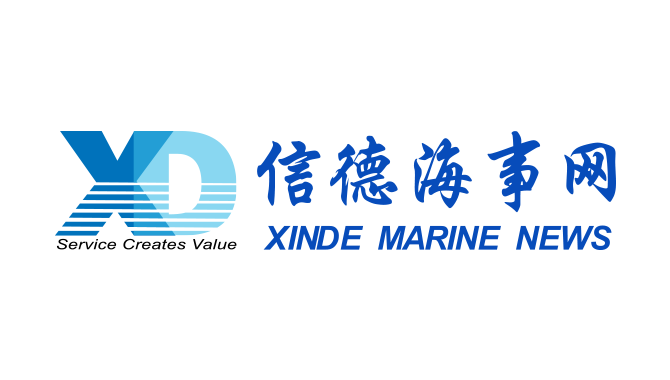 Reporting Requirements for Foreign-flagged Ships En
Reporting Requirements for Foreign-flagged Ships En 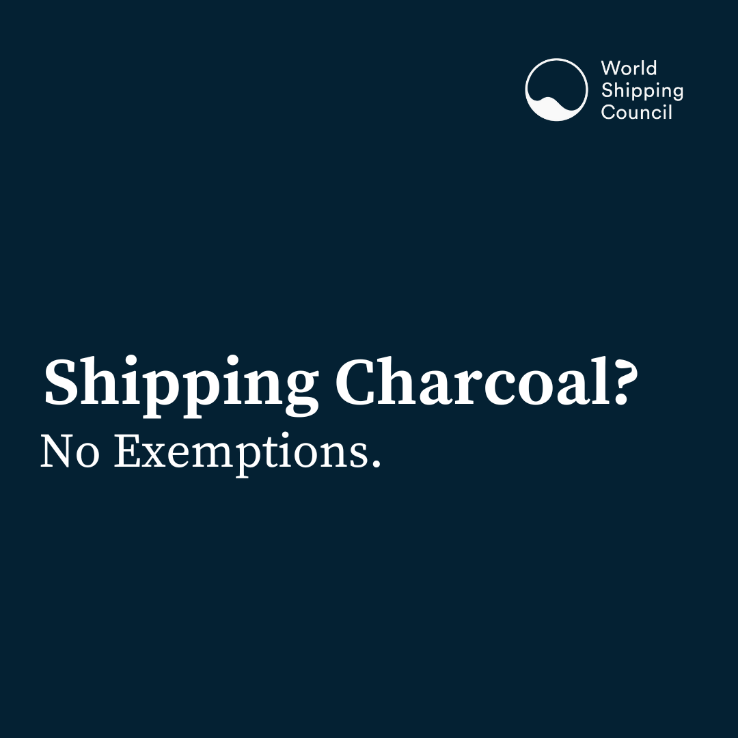 Shipping Carriers Move to Prevent Deadly Charcoal F
Shipping Carriers Move to Prevent Deadly Charcoal F  KR, HD KSOE, HD HHI, KSS Line, and Liberian Registr
KR, HD KSOE, HD HHI, KSS Line, and Liberian Registr 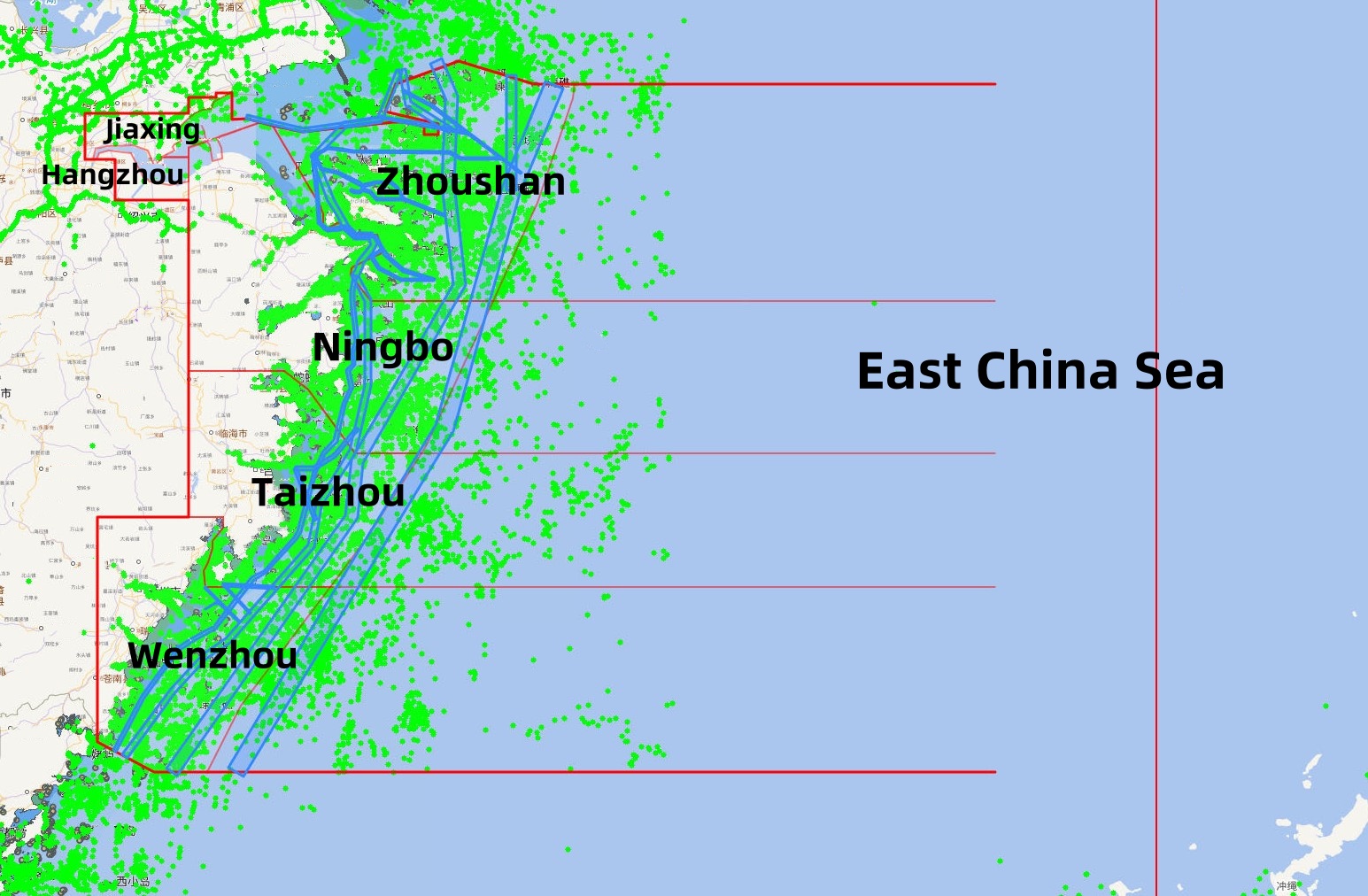 Zhejiang Maritime Safety Administration Issues the “
Zhejiang Maritime Safety Administration Issues the “  RightShip Updates Age Trigger for Vessel Inspection
RightShip Updates Age Trigger for Vessel Inspection 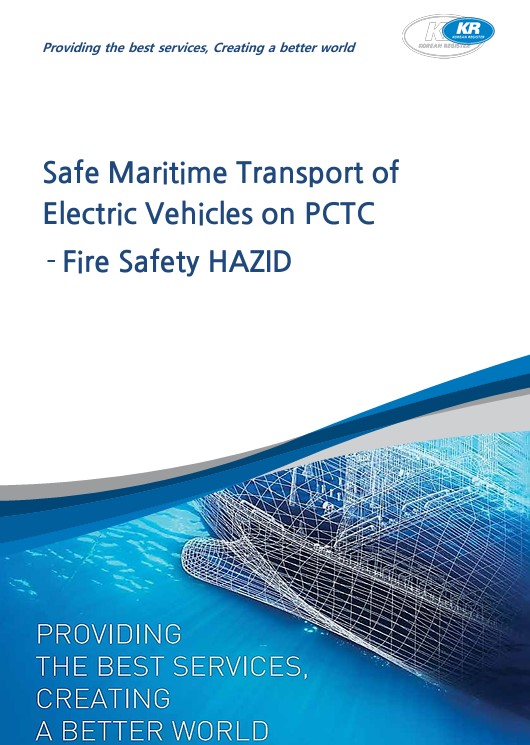 KR Publishes Report on Safe Maritime Transport of E
KR Publishes Report on Safe Maritime Transport of E